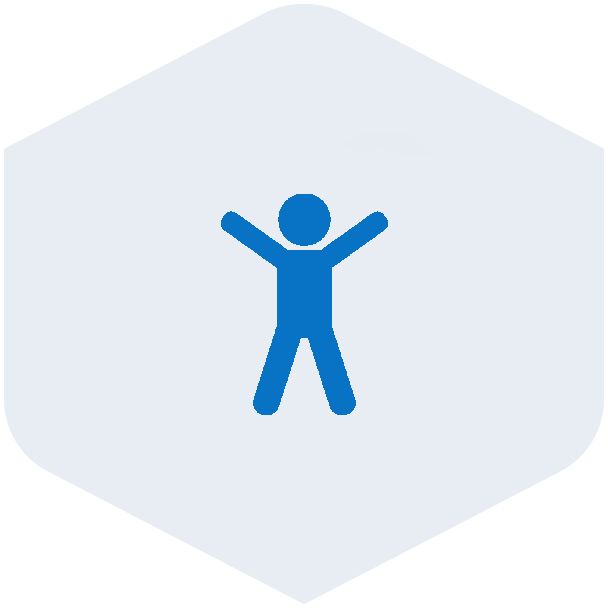Embarking on a travel healthcare assignment can be an exciting and rewarding experience. However, the demands of the job, coupled with adjusting to new environments, can pose unique challenges to maintaining your mental and physical health and well-being. Here’s a comprehensive guide to help travel nurses and other allied healthcare travelers stay healthy and thrive while on assignment.

1. Prioritize Sleep
Why It Matters: Adequate sleep is crucial for cognitive function, emotional stability, and overall physical health. Inconsistent sleep patterns can lead to burnout, decreased immunity, and impaired decision-making.
Tips:
- Establish a Routine: Try to go to bed and wake up at the same times each day, even on weekends.
- Create a Restful Environment: Use earplugs or white noise machines to drown out unfamiliar sounds and blackout curtains to keep your sleeping area dark.
- Limit Screen Time: Avoid screens at least an hour before bedtime to help your body wind down.

2. Eat Well
Why It Matters: A balanced diet provides the necessary nutrients for energy, immune function, and mental clarity. When on assignment, it’s easy to fall into the trap of convenience foods, which can be high in sugars, fats, and salts.
Tips:
- Plan Ahead: Prepare meals in advance and keep healthy snacks on hand, such as fruits, nuts, and yogurt.
- Explore Local Markets: Take advantage of local produce and ingredients to maintain a varied and nutritious diet.
- Stay Hydrated: Drink plenty of water throughout the day to keep your body functioning optimally.

3. Stay Active
Why It Matters: Regular physical activity boosts your mood, enhances cardiovascular health, and improves strength and flexibility. It’s also an excellent way to relieve stress and stay energized.
Tips:
- Incorporate Exercise into Your Routine: Aim for at least 30 minutes of moderate exercise most days. This could be walking, jogging, yoga, or even a dance class.
- Explore the Area: Use your free time to explore your new surroundings on foot or by bike. It’s a great way to stay active and get to know the local area.
- Join a Gym or Fitness Class: Many gyms offer short-term memberships or drop-in classes that can fit around your work schedule.

4. Mental Health Matters
Why It Matters: Being away from home and familiar support systems can take a toll on your mental health. It’s essential to recognize and address feelings of loneliness, anxiety, or stress.
Tips:
- Stay Connected: Keep in touch with family and friends through regular calls or video chats.
- Seek Support: Don’t hesitate to seek professional help if you’re feeling overwhelmed. Many organizations offer confidential counseling services.
- Practice Mindfulness: Techniques such as meditation, deep breathing, and journaling can help you stay grounded and manage stress.

5. Familiarize Yourself with Local Healthcare
Why It Matters: Understanding where and how to access healthcare services in your new location is vital. In case of illness or injury, knowing where to go can save precious time and reduce stress.
Tips:
- Research Facilities: Identify nearby hospitals, clinics, and pharmacies. Keep a list of important contacts and addresses handy.
- Know Your Insurance Coverage: Make sure you understand what your health insurance covers while you’re on assignment, including out-of-network providers.
- Keep Medical Records Accessible: Have copies of important medical documents, such as immunization records and prescriptions, easily accessible.

6. Take Breaks and Manage Your Workload
Why It Matters: Continuous work without adequate breaks can lead to burnout and negatively impact your health. Regular breaks help you stay focused, reduce stress, and maintain productivity.
Tips:
- Follow the 50/10 Rule: Work for 50 minutes and then take a 10-minute break to stretch, walk, or simply rest your eyes.
- Set Boundaries: Communicate your limits with your employer and colleagues to avoid overcommitment.
- Use Time Off Wisely: Plan your days off to include activities that help you relax and recharge.

7. Build a Support Network
Why It Matters: Having a support network can make a significant difference in your overall well-being. Connecting with others in your field can provide a sense of community and shared experience.
Tips:
- Join Professional Groups: Look for local or online groups of healthcare professionals where you can share experiences and advice.
- Attend Social Events: Participate in events or activities organized by your workplace or local community.
- Find a Mentor: Having a mentor can provide guidance, support, and a sense of belonging in a new environment.
By prioritizing these aspects of your health, you can make the most of your travel healthcare assignment and ensure that you remain physically and mentally resilient. Remember, taking care of yourself is not just beneficial for you but also enables you to provide the best care to your patients. Utilize available travel resources, connect with fellow travel nurses, and make the most of your assignment as a healthcare traveler. Safe travels and stay healthy!